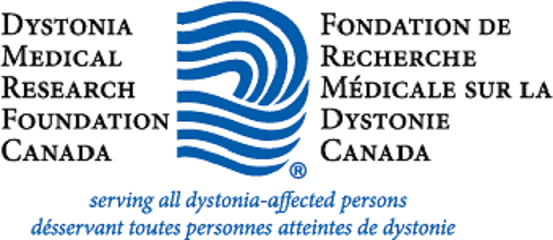If you are reading this web page, it probably means that you are a young person who has dystonia. Believe it or not, there are a lot of friendly and cool kids who have dystonia—just like you! You don’t have to feel like you are the only person on the planet who has this.
This web page was created for young people with dystonia between the ages of 8 and 13. We hope it will help you understand this disorder and give you information that will help you live successfully with dystonia.
First let's describe dystonia. Dystonia is a disorder that affects the way a person moves. A small problem in the brain makes your muscles tighten and twist when you don’t want them to. This twisting may force your body into strange positions or movements that get in the way of walking, sitting, using a pencil, using a fork, speaking, and other activities. Because dystonia affects these important activities, dystonia is called a disability.Sometimes people with diseases like cerebral palsy also have dystonia.
Dystonia does not affect your ability to make friends.You may have noticed that your symptoms started in one part of your body and spread to other parts. Or maybe it just stayed in one part of your body, like your arm. Some people have dystonia just on one side of the body and not the other. Some people have their dystonia all the time, and for some people it comes and goes. No matter what dystonia does to your body, it does not affect your intelligence, memory, or your ability to think.
Children with dystonia are just as smart, if not smarter, than others their age. Dystonia may make you look or move differently than other people, but it does not affect your ability to be liked or make friends. Although you may have dystonia,you are not dystonia. Dystonia does not affect your imagination, creativity, sense of humor, or personality. The fact that you have dystonia does not make you who you are. Young people with dystonia succeed at school, make friends, get dates, graduate from college, get good jobs, get married, have families, and accomplish great things.
Although living with dystonia is confusing sometimes, it is nothing to be ashamed or embarrassed about. If you need help understanding what is happening to you, talk to your parents. Together you can find the right words to describe what dystonia is to you.
